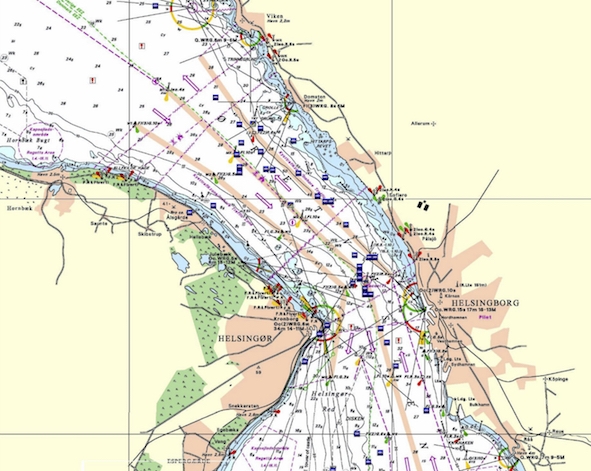Portfolio
Mental workload assessment using eye-tracking glasses in a simulated maritime scenario

In occasione del meeting annuale della Human Factors and Ergonomic Society – Europe Chapter del 2015, abbiamo presentato il paper “Mental workload assessment using eye-tracking glasses in a simulated maritime scenario” che presenta parte delle attività che abbiamo svolto all’interno del progetto di ricerca europeo “CyClaDeS – Crew-centered Design and Operations of Ships and Ship Systems”.
Abstract:
The primary goal of this study was the assessment of maritime operators’ mental workload in simulation scenarios designed for containing typical traffic situations to be handled by officers during usual routine ship navigation. Taskload was manipulated throughout the sessions to analyse changes in ocular activity during complexity peaks. Specifically, it was tested the viability of implementing a dynamic analysis of eye movements collected through eye tracking glasses (while the operator was freely moving on the bridge) and using the distribution of eye fixations as an indicator of mental workload. Another objective of the present study was to assess the relation between attentional control and the mental workload as perceived by the operators. Results showed that the distribution of eye fixations changed with taskload and that individuals showing high attentional control reported low workload. Furthermore, frequent eye movement transitions have been found between the instruments monitored, suggesting that the information they provide could most usefully be integrated for improving the operators’ performance.
Torna al porfolio
